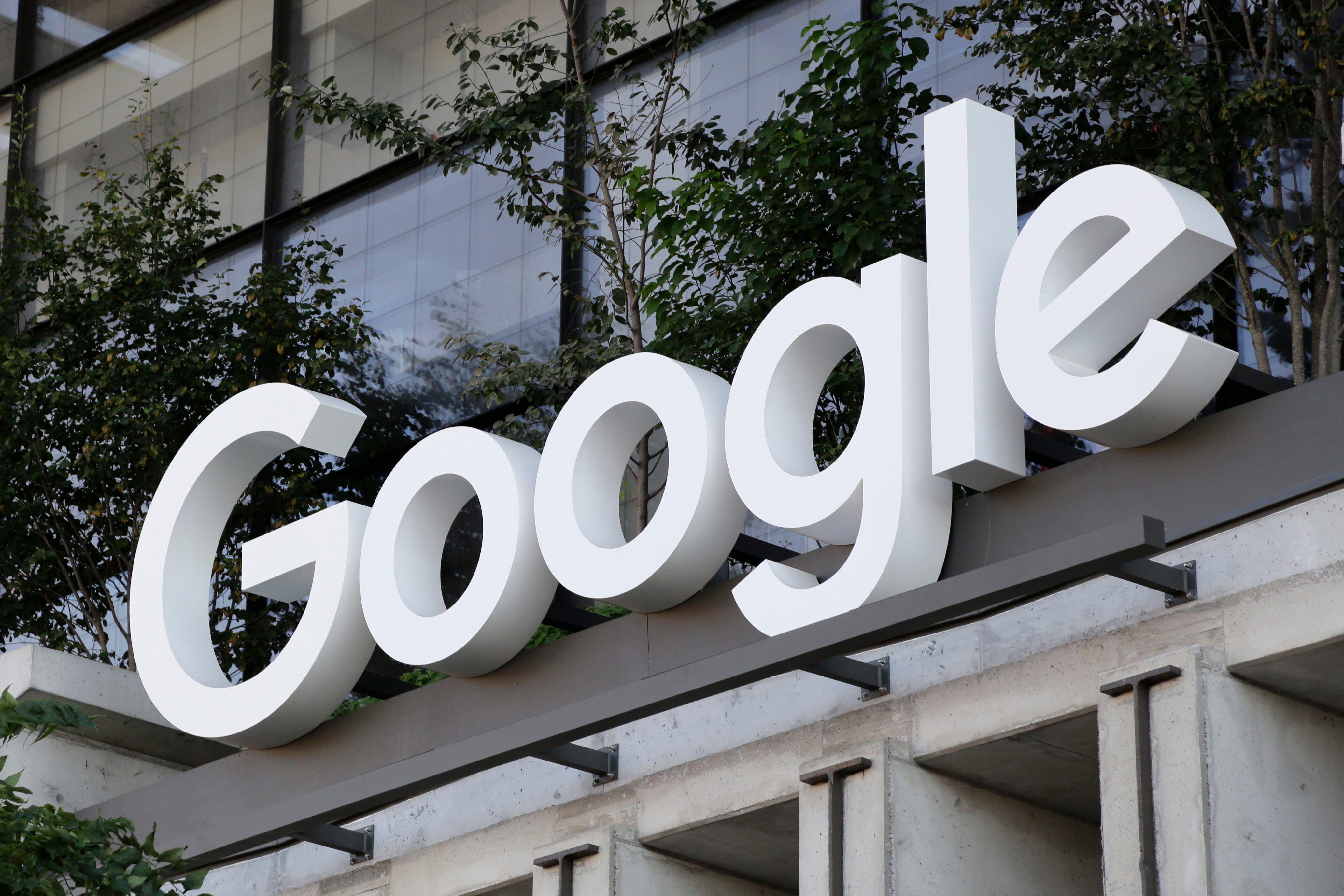Justice Department pushes ahead with antitrust case against Google, questions ex-employee on deals
The U.S. Justice Department is pressing ahead with its antitrust case against Google

Your support helps us to tell the story
From reproductive rights to climate change to Big Tech, The Independent is on the ground when the story is developing. Whether it's investigating the financials of Elon Musk's pro-Trump PAC or producing our latest documentary, 'The A Word', which shines a light on the American women fighting for reproductive rights, we know how important it is to parse out the facts from the messaging.
At such a critical moment in US history, we need reporters on the ground. Your donation allows us to keep sending journalists to speak to both sides of the story.
The Independent is trusted by Americans across the entire political spectrum. And unlike many other quality news outlets, we choose not to lock Americans out of our reporting and analysis with paywalls. We believe quality journalism should be available to everyone, paid for by those who can afford it.
Your support makes all the difference.The U.S. Justice Department pressed ahead with its antitrust case against Google Wednesday, questioning a former employee of the search engine giant about deals he helped negotiate with phone companies in the 2000s.
Chris Barton, who worked for Google from 2004 to 2011, testified that he made it a priority to negotiate for Google to be the default search engine on mobile devices. In exchange, phone service providers or manufacturers were offered a share of revenue generated when users clicked on ads.
In the biggest antitrust case in a quarter century, the government is arguing that Google has rigged the market in its favor by locking in its search engine as the one users see first on their devices, shutting out competition and smothering innovation.
Google counters that it dominates the internet search market because its product is better than the competition. Even when it holds the default spot on smartphones and other devices, it argues, users can switch to rival search engines with a couple of clicks.
And Barton testified that Google wasn't the only search engine seeking default status with phone companies.
In a 2011 email exchange, Google executives noted that AT&T chose Yahoo and Verizon went with Microsoft's Bing as its search engine.
“I faced a challenge because mobile carriers became fixed on revenue share percentage,'' Barton said Wednesday. To counter the competition, he tried to persuade potential partners that Google's high-quality searches would generate more clicks — and therefore more advertising revenue — even if the carriers were paid a nominally lower percentage.
Google has emerged as the dominant player in internet searches, accounting for about 90% of the market. The Justice Department filed its antitrust lawsuit against the company nearly three years ago during the Trump administration, alleging Google has used its internet search dominance to gain an unfair advantage against competitors.
The trial, which began Tuesday, is expected to last 10 weeks.
U.S. District Judge Amit Mehta likely won’t issue a ruling until early next year. If he decides Google broke the law, another trial will decide what steps should be taken to rein in the Mountain View, California-based company.
Top executives at Google and its corporate parent Alphabet Inc., as well as those from other powerful technology companies are expected to testify. Among them is likely to be Alphabet CEO Sundar Pichai, who succeeded Google co-founder Larry Page four years ago. Court documents also suggest that Eddy Cue, a high ranking Apple executive, might be called to the stand.
On Wednesday, the Justice Department also questioned Google chief economist Hal Varian for a second day about the way the company uses the massive amounts of data generated by user clicks to improve future searches and entrench its advantage over rivals.
____
Michael Liedtke contributed to this story.